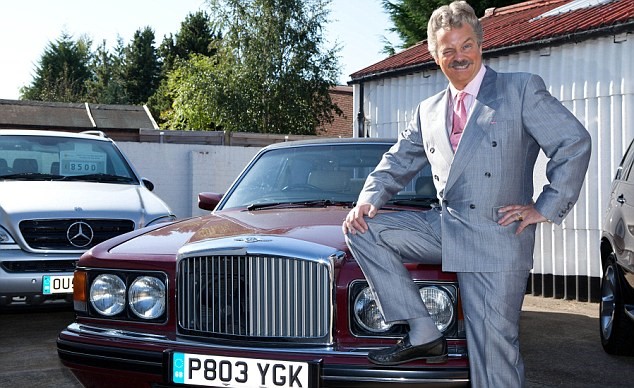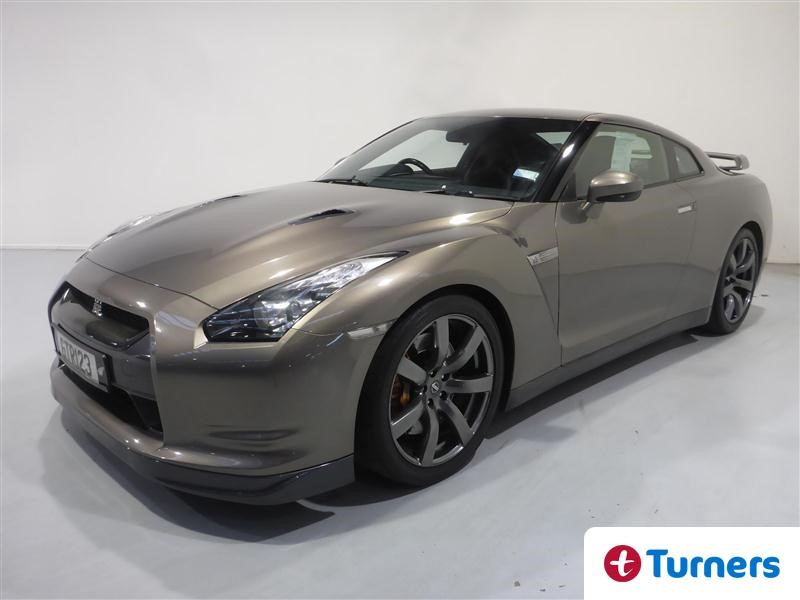There’s no shame in admitting it. I’ve been guilty most of my life of choosing a car based mainly on price and I probably always will - once a bargain hunter, always a bargain hunter. Sometimes it works out well and sometimes it’s a terrible mistake. There’s much to consider when buying a car, especially an older one, and price is just a small part of it.
There are certain things to look for in a car that can make the difference between a genuine bargain and fools’ gold. Ever since cars have been chocked full of complicated electronics the chance of buying a money pit has increased.
The great thing about cars built this millennium (apart from safety, efficiency and reliability) is they usually don’t rust unless they’ve spent their life at the beach. Back in the 20th century there was a very good chance the 6 year old car you were considering buying was full of rust or bog. Today the biggest costs are often electronic parts, and manufacturers know how to skin you alive with eye watering prices for cheaply made components. The trick is to Google the model of car you are looking at and find out the common faults and make sure the car you’re looking at has had these sorted by the previous owner. For example: the earlier Volvo V50 has a known issue with its PCV valve (whatever that is) failing. It’s a typically expensive part but the labour involved in changing it means a bill of $1200-$1500 should be expected. So a bargain V50 may not be a bargain if that part has not been replaced. Older BMWs have a knack of needing radiators after around 15 years, so a cheap E36 Beemer may seem like good buying at under $2k but you better check the radiator has been done. A $2.5K BMW with full service history and receipts for replacement, commonly failed components is much better buying than an $800 one that has had all this work ignored.
So before considering just the asking price of a car dig a bit deeper and see what’s been fixed and what hasn’t. Check the service books and receipts and get the bigger picture. Only then will you snag a bargain.



Leave a Comment
Please login to comment